Interview
Interview: Misha Waks
In conversation with activist–artist Misha Waks
You mention that your work explores identity and topics relevant to you today, including climate change. You also mention a lack of authority and role models; can you elaborate on this? Is this related to political or social concerns or both?
This question is very broad and complex, so I will refer only to climate change. My works relate to changes taking place on earth. In my own way, I wonder and analyse various phenomena, such as the fact that we are destroying our planet, without drawing any conclusions and without going deeper into the causes of the problem. An example that quite clearly shows what I think our current values are can be shown in my work named Game Over, in which I want to emphasise that if we do not change the rules of the game, if all the time the only value for us is having, and if we teach our children through games such as Monopoly, it will bring us sooner or later to disaster.
It is no longer possible to pretend that the principles on which our economy is built are not destroying what should be most important to us. That is why I am talking about the lack of authorities because everyone has practically been discredited, and attitudes that until now seemed natural have nothing to do with the needs of this world. This is a war with our ego, a war that, in my opinion, we will lose. That is why in one of my works I am displaying a white flag that symbolises the last man on earth.
A sign of surrender in this fight.
Your works explore some difficult subjects, including fear, the body, religion and rape. Can you elaborate on what you are exploring through this?
Sometimes I paint without thinking about what I am doing. I look for in the process itself and I get carried away by it. It turns out that what I create is directly related to what I have seen, experienced or heard. The works on ‘fear’ were created in a very difficult period in my life and I think they reflect the state I was in then.
The work Rape is again putting on paper a story that I heard on the radio while driving. In the evening, while I was drawing this information, it passed through my mind and a triptych appeared in front of my eyes! As if this rape had been recorded in my brain and in this way, was thrown out in the form of images on to the paper.
You talk about art being a vehicle allowing you to influence or assert change, albeit it in a small and incremental way. Do you see the role of the artist has changed in light of issues you raised earlier – a lack of role models or guidance in society?
Yes, I think that there are so many things/objects/arts in the world that producing more that are only formal or do not lead us one step further to solve important problems. For me, art is a kind of activism and I try to create in the spirit of this ideal to look for topics that can effect change even when I do not do it consciously.
It does not mean, however, that the artist is not supposed to experiment or go beyond important topics, otherwise he would not create art, but only products. For me, being inspired by events or looking for topics that are relevant or difficult is also a large field of creative research.
How much of you is in the work? Are the issues related directly to you, or are you more the observer in what is being explored?
I think that a large part of the work is related to how I process reality, how I see it, what I experience, what frustrates me and makes me wonder. I feel like a catalyst through which a stream of images, thoughts, events flows and leaves behind a work in which I am the author but also a participant.
What do you see as the social responsibility of the artist?
I think that an artist, thanks to his sensitivity, can move topics in a way that will reach the recipient and change his view of the problem or can create a positive change. If artists’ work provokes your thinking or makes you analyse subjects in a different way, in my opinion it means he did a good job.
I believe that the conscious society of the artist shows the truth about society. Increasingly, paying attention to the problems that affect our world, or a community or small group, and trying to give them a new, deeper meaning is the challenge facing a contemporary artist.

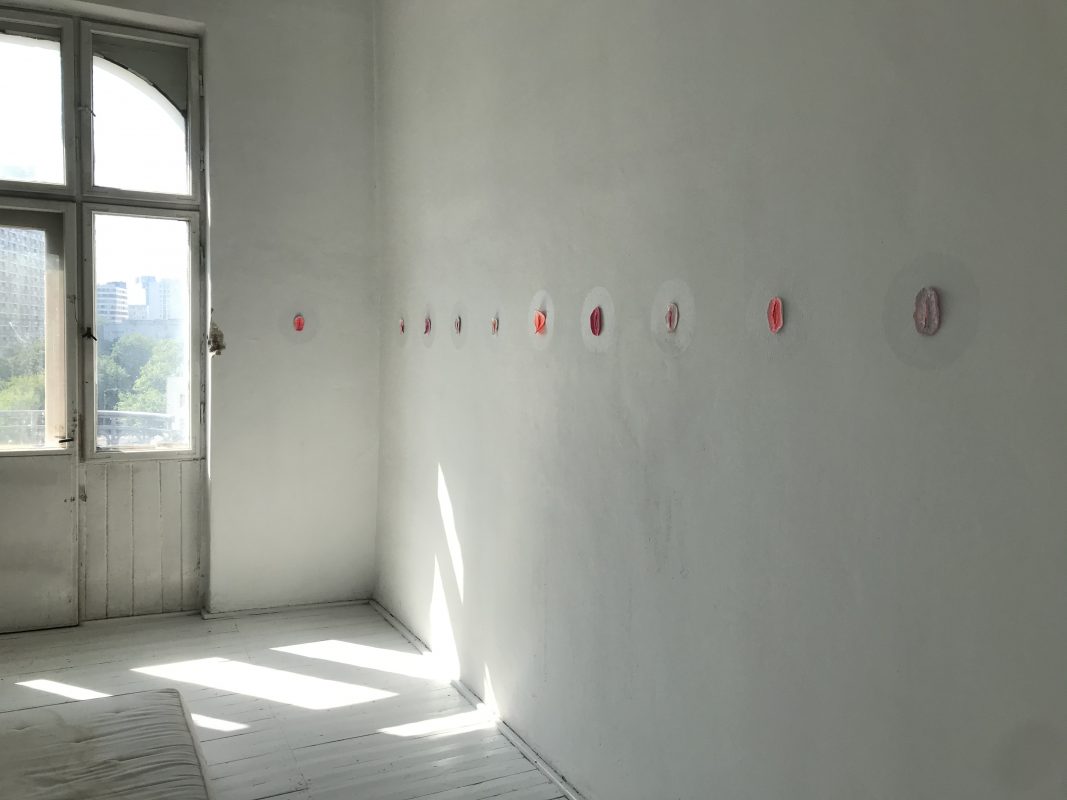
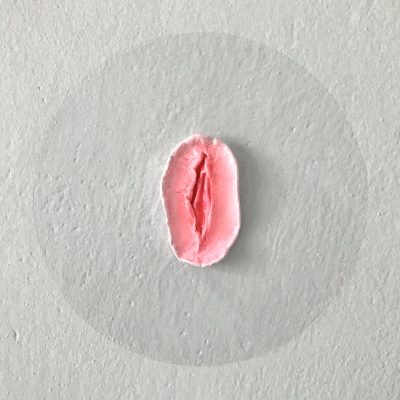
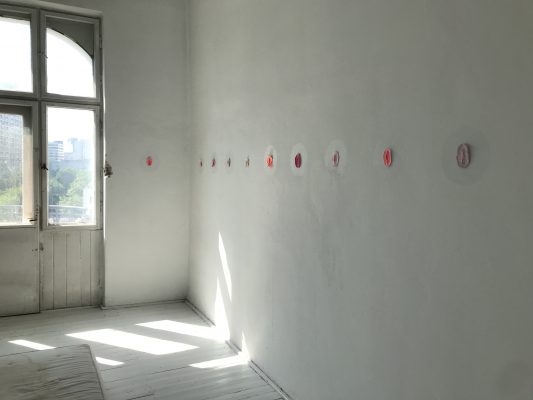
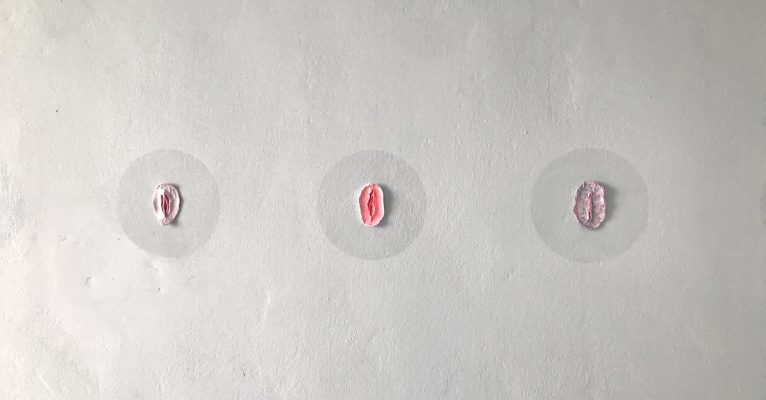
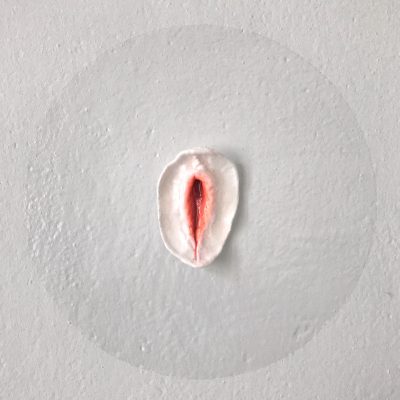
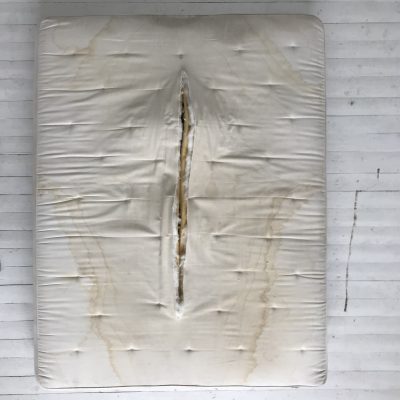
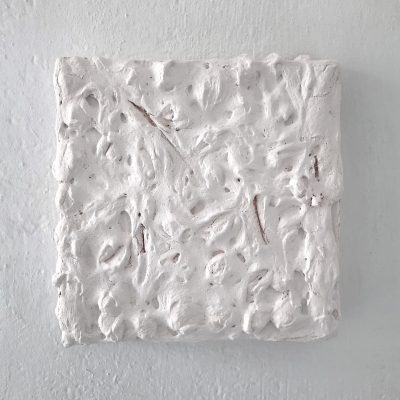
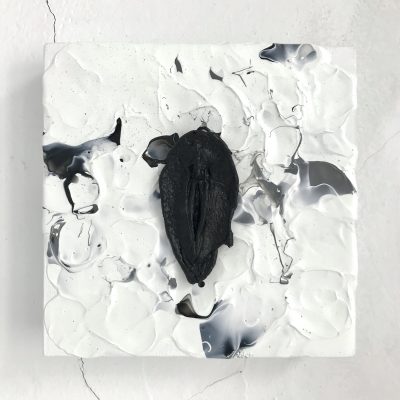
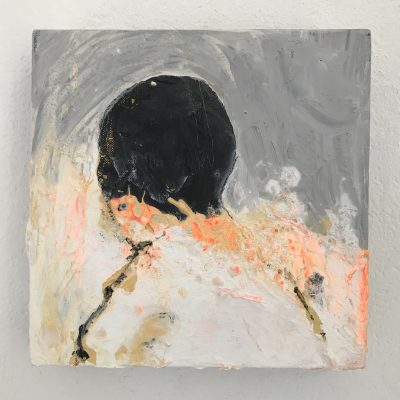
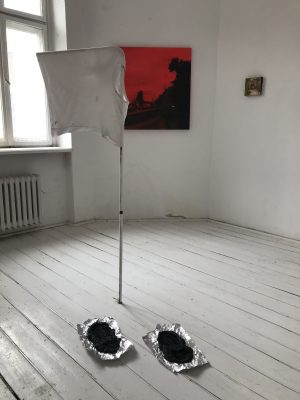
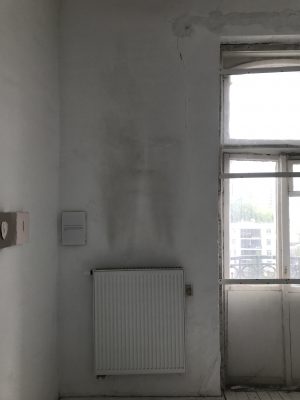
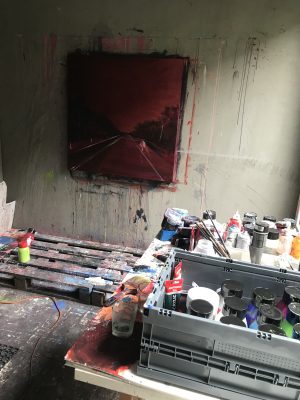
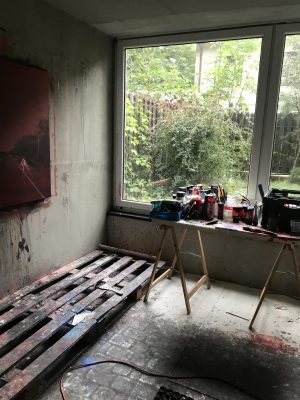
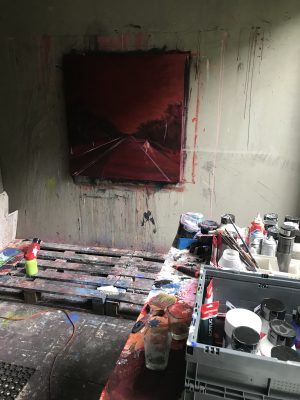
Do you like this artist?
If so, why not write a comment or share it to your social media. Thanks in advance if you can help in this way.